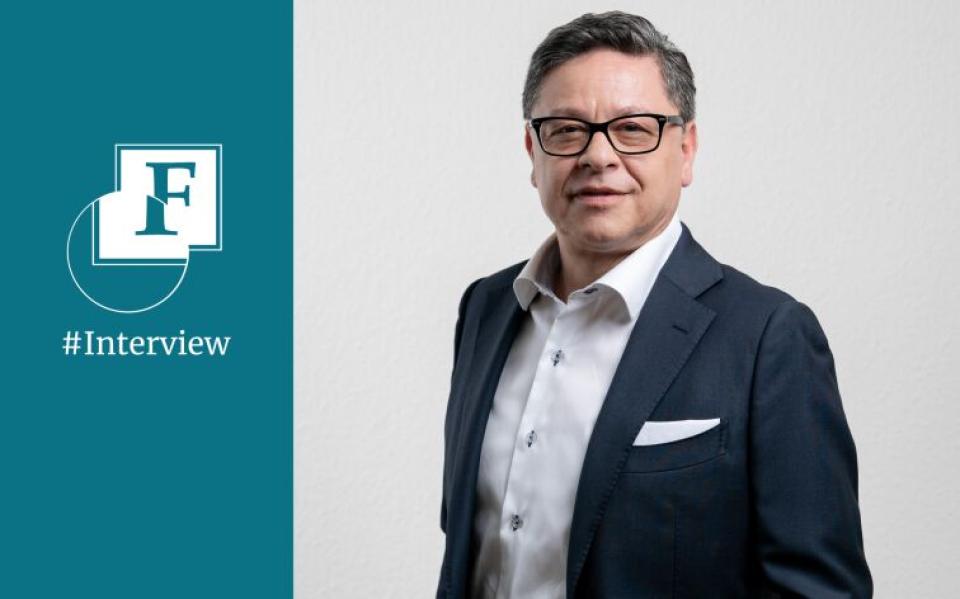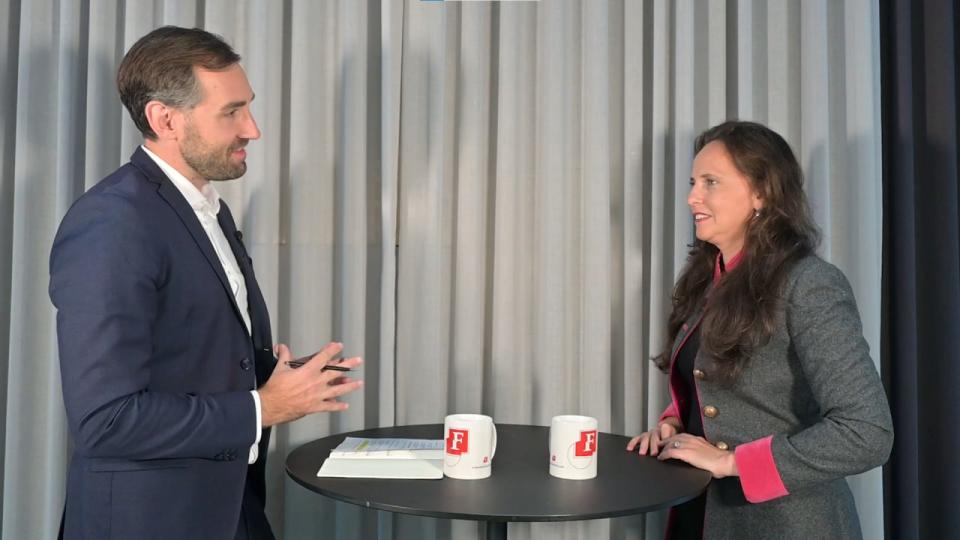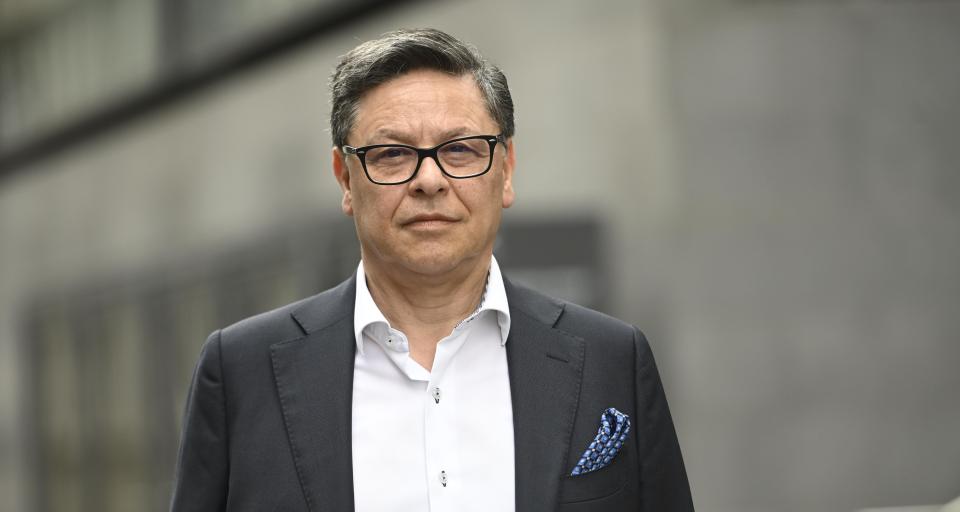FTSE upgrades Vietnam: ‘A milestone with a signal effect for international investors’
With the upgrade of Vietnam from a Frontier Market to a Secondary Emerging Market by FTSE Russell, the Southeast Asian market has reached an important milestone. For Mario Timpanaro, Head of Emerging Markets at AQUIS Capital, this upgrade comes as no surprise but is rather the logical consequence of comprehensive market and infrastructure reforms. In an interview with e-fundresearch.com, he explains why this decision paves the way for a future MSCI upgrade, what capital flows can now be expected, and how the Lumen Vietnam Fund is strategically positioned.
e-fundresearch.com: How do you generally assess FTSE Russell’s upgrade of Vietnam from Frontier to Secondary Emerging Market status? Was the decision surprising to you, or was it foreseeable given the recent market and infrastructure reforms?
Mario Timpanaro: Most importantly, the FTSE upgrade paves the way for a future MSCI upgrade. It marks a milestone — not a surprise, but the logical consequence of recent market and infrastructure reforms. Authorities have clearly improved trading, clearing, transparency, and equal treatment of domestic and foreign investors, gradually aligning themselves with international best practices. The symbolic significance is great: Vietnam is positioning itself as an investable, competitive market with broader access for international capital.
The reform momentum is likely to continue. To meet FTSE EM criteria, the government has accelerated long-overdue reforms; beyond the upgrade, additional key steps are planned to further align capital markets with the needs of international investors. The Ministry of Finance is introducing a Central Clearing Counterparty model (CCP) — a mandatory market standard and key requirement for both FTSE and MSCI upgrades. Building on that, securities lending and later options trading are expected to follow. All these measures will enhance stock market liquidity. Furthermore, settlement times are being shortened and improved. These steps are also necessary to prepare Vietnam for the long-anticipated MSCI upgrade at a later stage.
e-fundresearch.com: What short- to medium-term effects do you expect on capital inflows and valuation levels in the Vietnamese equity market?
Mario Timpanaro: In the short term, we expect limited effects since much of it has already been priced in and valuations are already demanding. With an FTSE weighting of around 0.3–0.4%, we estimate passive inflows in the range of USD 0.8–1.2 billion. Active flows could exceed this. In the medium term, a new source of capital opens up — an important factor given Vietnam’s ambitious GDP targets. Additional capital will fuel the companies’ growth engines (expansion, investments). Moreover, Vietnam’s relevance in benchmarks increases; it will no longer be a market international institutions can ignore.
e-fundresearch.com: How are you positioning the Lumen Vietnam Fund in light of the upgrade? Are you planning adjustments in sector or stock selection?
Mario Timpanaro: We expect strong domestic participation in 2025 — with average daily trading volumes often between USD 1.2–1.8 billion. Prior to the upgrade, we had overweighted large caps since the beginning of the year and recently reduced them. Our positioning remains selective: quality large caps in core positions, complemented by high-growth mid caps where we see stronger momentum. Top-down for the broader picture and bottom-up for stock or sector selection, combined with technical analysis. Our focus is clearly on earnings quality, liquidity, and corporate governance. We are on the ground in Ho Chi Minh City with a 12-member analyst team that is well trained and highly networked — a clear advantage for our investors.
e-fundresearch.com: Aside from the upgrade — how would you describe the year 2025 so far for the Vietnamese equity market overall, and for your fund in particular?
Mario Timpanaro: 2025 has been volatile: we used correction phases with a high cash ratio to selectively increase positions in high-quality stocks at attractive valuations. Initially, the fund benefited from a large-cap tilt; we realized some gains since we expect broader market rotation. As of October 16, 2025, the Lumen Vietnam Fund is up +19% year-to-date (YTD). Should the Fed cut rates later this year, that would provide a tailwind for growth markets like Vietnam — fundamentally, we continue to view the risk/reward profile as highly attractive.
Vietnam’s macroeconomic position remains solid: public debt stands at around 35% of GDP, below the level of many comparable countries. Reform momentum is accelerating mid-term. Foreign direct investment (FDI) remains robust despite tariffs. At the same time, domestic consumption is clearly increasing and supporting growth. Extensive infrastructure projects are improving efficiency and productivity from a low base — making a measurable contribution to GDP.
We manage the fund without a benchmark; accordingly, our allocation differs from the index. Key investment themes include industrialization, urbanization, domestic consumption, and financials — with a selective focus on earnings quality, liquidity, and governance.
e-fundresearch.com: Thank you very much for the interview and continued success, Mr. Timpanaro!
About Mario Timpanaro:
Mario Timpanaro joined AQUIS Capital in July 2020 and has led the Emerging Markets team since then. Previously, he played a key role in the launch and management of the successful Lumen Vietnam Fund at Vogt Asset Management AG and CBR Investment AG. Under his leadership, the fund became the world’s first Vietnam-focused equity long-only fund to receive the UCITS label in 2013, paving the way for ESG investments in the region. Mario began his financial career in 1987 at Bank Julius Baer and later specialized in derivatives and technical analysis.







